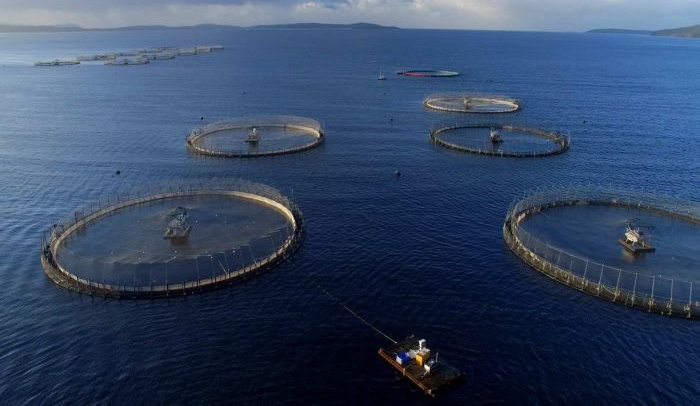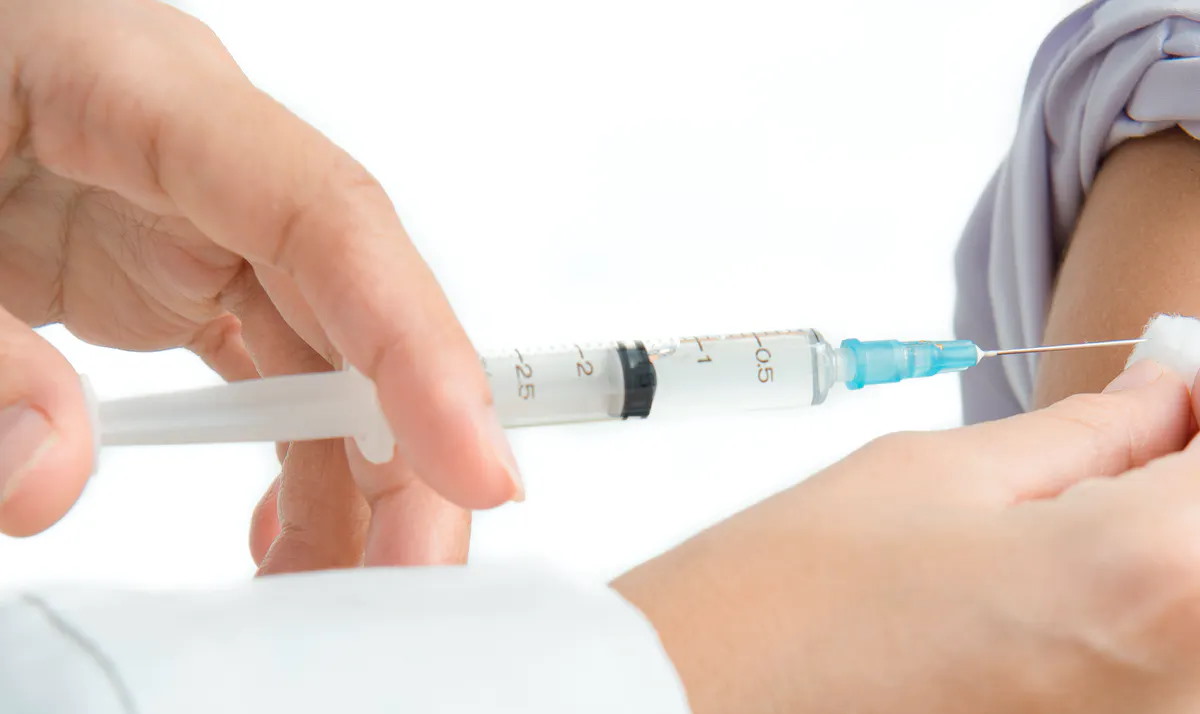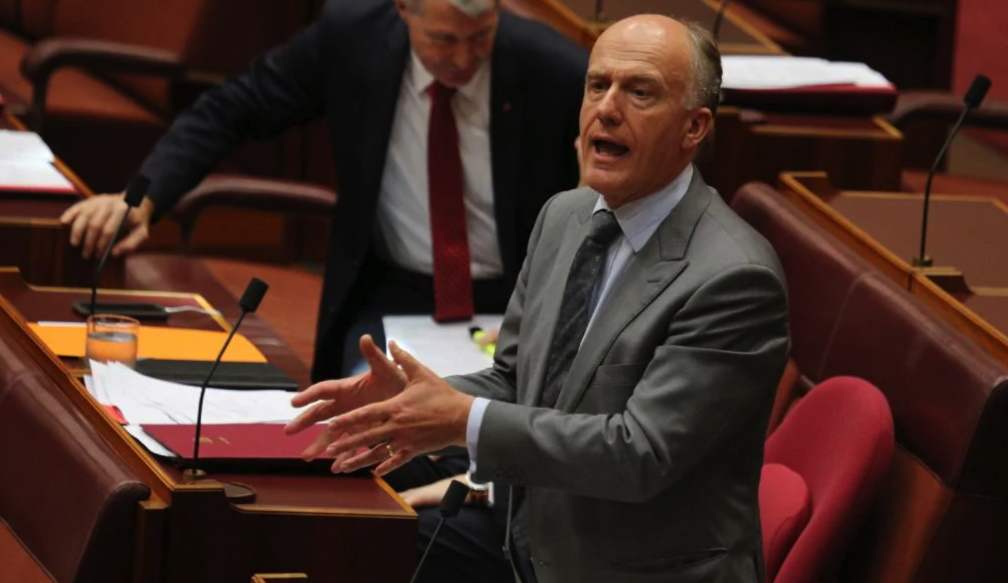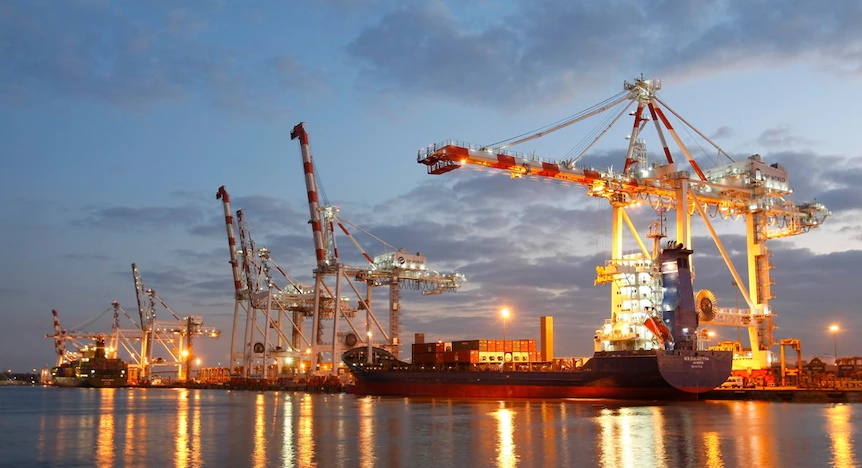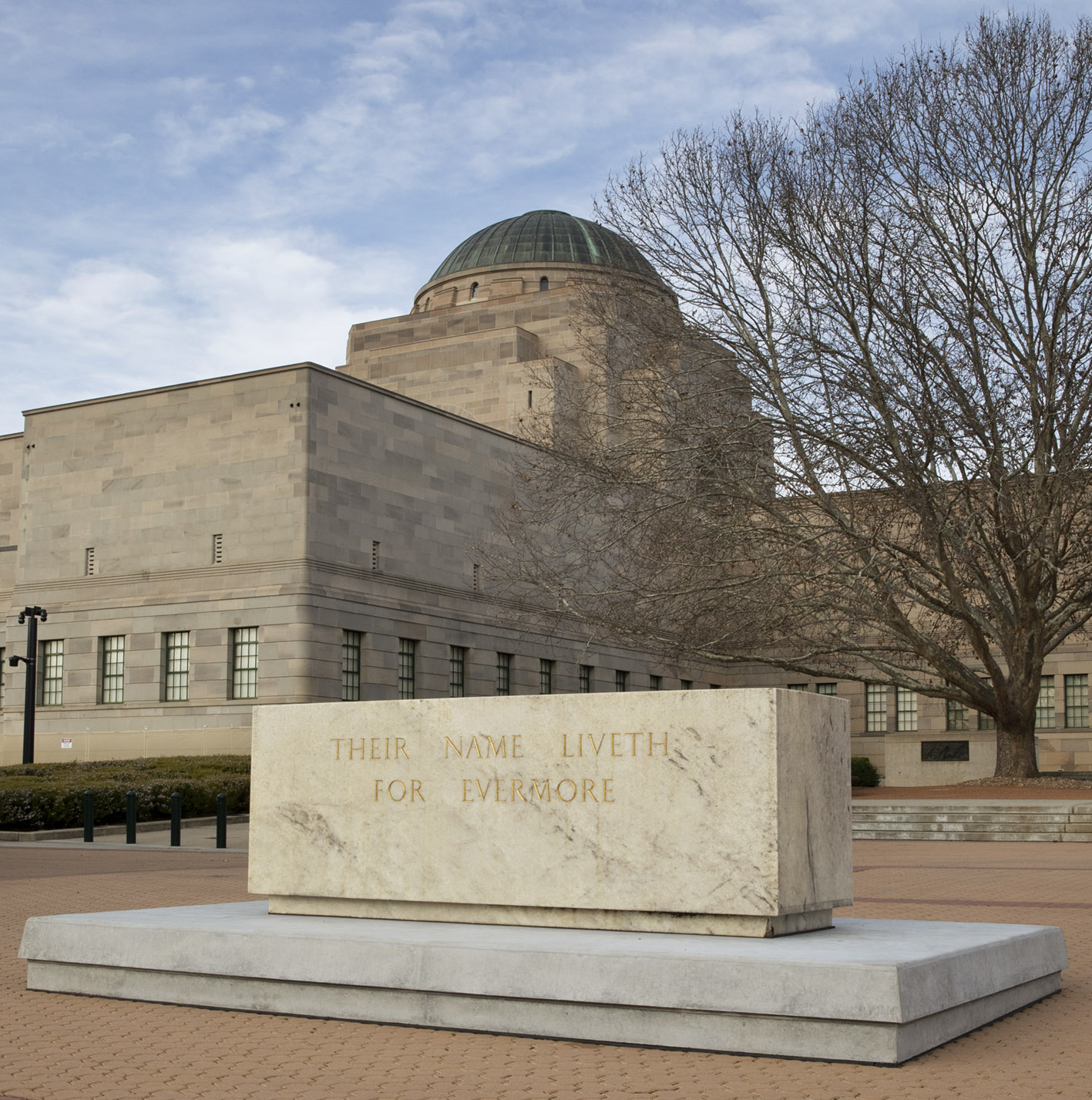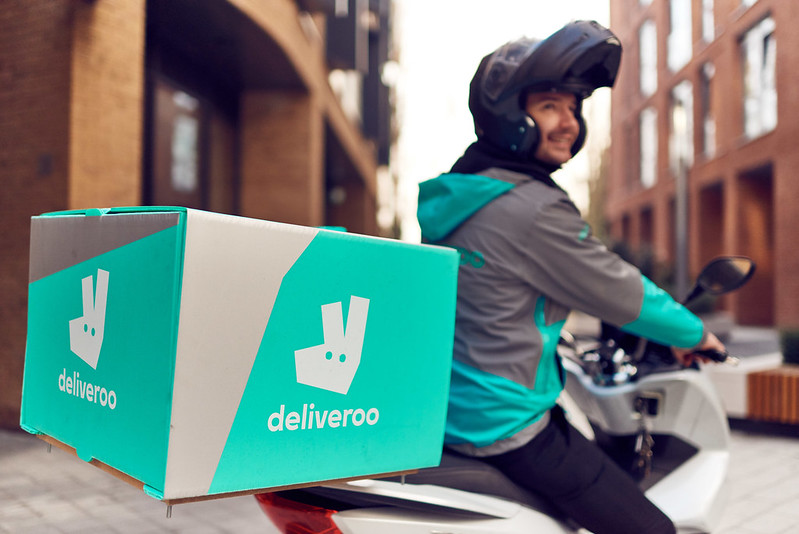Prime Minister Interview with Kim Landers, ABC AM
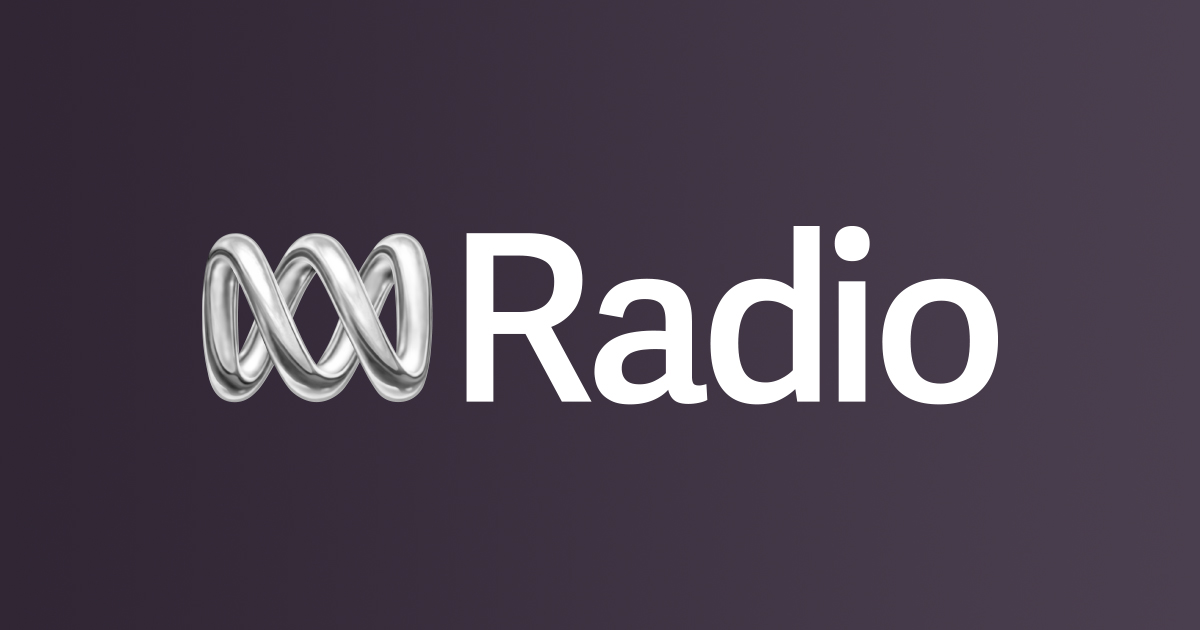
KIM LANDERS: Prime Minister, good morning.
PRIME MINISTER: Good morning.
LANDERS: Is this the final model of the support that's going to be given to businesses and workers for as long as there are lockdowns?
PRIME MINISTER: Well, that's what we believe so. But we never set and forget. I mean, COVID is a challenging virus and we always are agile to make sure we're hitting the mark as best as we possibly can. That's what we did last year. We went through several iterations before JobKeeper last year, which was very successful in the same way this year as we've been responding to the Delta strain of the virus and how it's impacting how lockdowns are coming in. We've adjusted to that as well. And and we've always been prepared to move as we have and these new payments of up to now $750, which is non-taxable, I want to stress, and the other payments of $450 and $200, all of which are non-taxable. And for welfare beneficiaries, they're also non-assessable on your income test for accessing your welfare payments. And remember those $200 payments for those who have lost more than a day, a week, eight hours a week, you can make those applications in New South Wales next Tuesday.
LANDERS: So you've now made it pretty clear that you support hard, fast lockdowns. Why have you now accepted that that's the new gold standard, so to speak?
PRIME MINISTER: Because that's the experience. I mean, that's what we're seeing. I mean, we're all working to respond to the Delta strain all around the world. And you have to, you know, make your decisions based on the evidence and what you're seeing. And as the evidence emerges on this, then you need to adjust your plans to have the right response.
LANDERS: You said yesterday that by Christmas we'll be seeing a very different Australia to what we're seeing now. So are you confident of that deadline that there's going to be enough of us vaccinated by that time for there to be no need for lockdowns?
PRIME MINISTER: Well, that's certainly my hope, and it's based on the fact that we are now reaching vaccination levels of more than a million a week of doses. We now have around about 40 per cent of people on first doses around the country. We've got over three quarters of those aged over 70 on first doses, and those second doses arriving and we have around about tripled the rate of double dose vaccinations in the course of just a month, earlier in this month.
LANDERS: So you're sounding pretty confident of that Christmas deadline now.
PRIME MINISTER: Well, I mean, what I'm saying is, is that we keep that up and barring any unforeseen circumstances that we're on that road. Now, what that means is and the National Cabinet, I instituted a process some time ago where we had to work out scientifically what were the level of vaccinations that could give you confidence to go to the next phase of our plan, phase two, which will be, I think a transition phase to a third phase, which is where you consolidated and you have a rate of vaccination where certainly lockdowns shouldn't be required in those circumstances and in the next phase, only in quite extraordinary or targeted circumstances, because your level of vaccination is high enough to ensure that you're testing and tracing and other restrictions can keep pace with this Delta variant. Now, at the moment, that's not possible and it's not possible virtually anywhere in the world, I should stress as we're seeing all around the world, there's the UK, there is Israel and Malta, I understand that have vaccination rates in excess of 70 per cent, nowhere else in the world has that.
LANDERS: Well, when you talk about vaccination rates, we got some state breakdowns yesterday. It showed that in New South Wales, for example only 17 per cent of adults are fully vaccinated. And in the over 70s in the state, it's just under 40 per cent. So with those figures that would suggest that there's a long way to go.
PRIME MINISTER: Of course, but we're making up that ground very, very quickly. And that's what we're seeing if you look at Canada vaccination rate.
LANDERS: So we could make up that ground by Christmas, you think?
PRIME MINISTER: You can certainly make up ground on this vaccination programme, as we have each and every month. I mean, we went to just over about two and a half million to three and a half million, this, this month we'll be well over four million. We'll get to 12 million by the end of the week. You know, and this is what we've seen in programmes like Canada and other parts of the world. Once the vaccination programme gets that roll on, then you keep hitting those marks, then you get there. But that that is a function of everybody coming forward. And we are seeing Australians coming forward. There was the Australian Bureau of Statistics survey that showed that 75 per cent of Australians were happy to go forward and get that vaccination. So making those vaccinations available to people, the new walk in clinics for AstraZeneca, the new ATAGI updated advice which says people should seriously consider that AstraZeneca vaccine. I'd encourage them to do exactly as they've been advised to do. Talk to your GP if you need to. We've made that available. Go to the pharmacists who are doing it, the GPs, the state based clinics. I'm pleased to see the New South Wales Government really getting behind the AstraZeneca vaccine and other states like Victoria have had many more of those AstraZeneca vaccines, and that's why their rates have been higher.
LANDERS: So, Prime Minister, I understand that National Cabinet tomorrow is going to look at some modelling done by the Doherty Institute on how many Australians must be vaccinated in order to end those business shutdowns and border closures. Can you let us know what target that the Doherty Institute has suggested?
PRIME MINISTER: Well, we will once we've been able to make some decisions on that and once we've considered that advice carefully.
LANDERS: When will you be making those decisions?
PRIME MINISTER: Well, I hope we'll be making that soon.
LANDERS: Does that mean we might hear about it after National Cabinet tomorrow?
PRIME MINISTER: No, I don't think that will be the case tomorrow. And I think there will be a fair bit of discussion that'll have to be had. It's because it's the scientific modelling. It's the economic advice. It'll be the first opportunity that the Premiers and I have had to discuss that report that has only just come in through the course of this week. Officials have been working through it at a very senior level at the state and the federal government. Our health advisers have been doing the same because we don't want to get stuck in neutral on this. We want to be able to go forward. I mean, countries that have launched into open have found themselves within days having to walk back. Now, we don't want that. So we're doing this scientifically on the basis of that very good modelling, which is informing us. But that's also drawing on the economic modelling of the costs of lockdowns and the costs of providing support and compared to the alternatives. And so we'll make those decisions. And once we're in a position to do that, we'll, of course, we'll be advising and that will give us clear targets on the next step and the step after that.
LANDERS: Well, to be clear that vaccination target or threshold that Doherty is proposing is that based on the people who've been offered the jab or who would have taken up the jab?
PRIME MINISTER: It's based on whole population studies and comparisons to the way that the virus has behaved in other countries. And it's one of several pieces of data on which you have to make this decision. The economic data, the scientific data, the capability of health systems, all of this. There are not many countries in the world, I'm pretty certain Singapore has gone down a similar path in coming to their decision, but using such a scientific process to actually hit what these marks are, be very clear what they are. And I believe they're achievable. But that's up to all of us to go and get vaccinated to achieve those. There'll be ample supply over the course of the balance of the year and the fact that ATAGI, the Technical Advisory Group on Immunisations have upgraded their advice, which I like to see, you know, right across the country, because it's a good vaccine. It's saved tens of thousands, if not millions of lives around the world. It's the most recognised vaccine in the world.
LANDERS: Can I just ask you one final question?
PRIME MINISTER: Sure.
LANDERS: Last week, the Commonwealth gave New South Wales an extra 50,000 Pfizer doses. Is there any scope to get more Pfizer to New South Wales?
PRIME MINISTER: Not on the current supplies, but they've already got 90,000 extra this week. That was part of their scheduled increase. That's to the GPs and the state based. That's on that's on top of the 200,000 already provided. There was also 150,000 AstraZeneca. But they can get as much as AstraZeneca as they can get into the clinics and start lifting those AstraZeneca vaccination rates in New South Wales. And next week it goes up by 110,000. So there's already additional supplies going into New South Wales, both of Pfizer and of AstraZeneca on top of the additional amounts that we were able to provide. But there's no further amounts that can be provided. And it's very important we don't disrupt the national vaccination programme. I don't want to see people's appointments cancelled in any other parts of the country. That can disrupt confidence and the momentum of the national vaccination campaign. Because remember, this Delta strain could present itself in any part of the country, any given day. And so I need to continue to ensure that we're vaccinating the whole country. The lockdown in Sydney has to work for it to be lifted and we need to focus on getting that right and that the lockdown is working and isn't breached and staying at home, get tested, get vaccinated. And let's get on with it.
LANDERS: Prime Minister, thank you very much for your time this morning.
PRIME MINISTER: Thank you.


